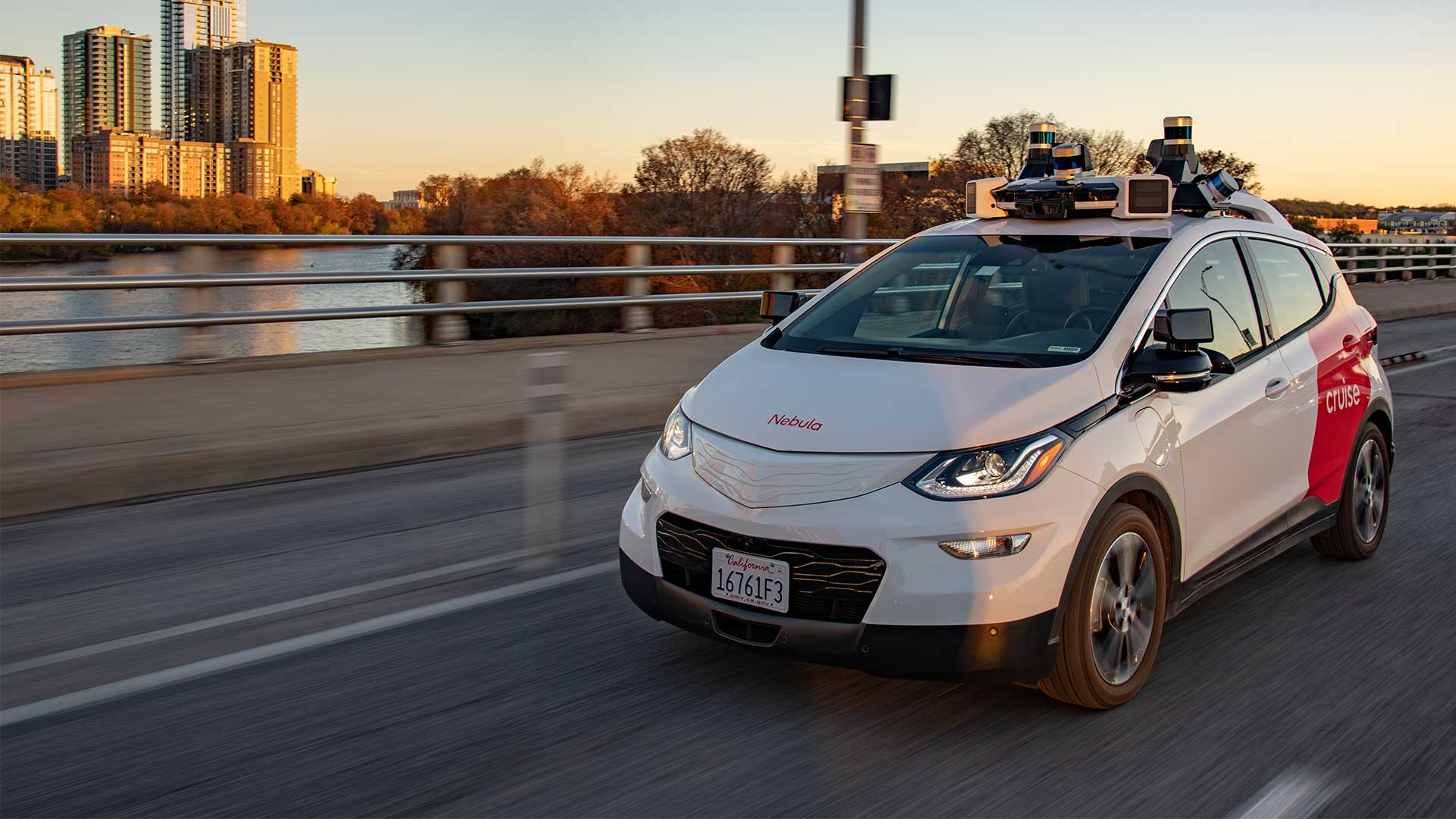Cruise on Monday announced its robotaxis will return to the road for the first time since last October, when the fleet was parked following an accident with a pedestrian in San Francisco.
The relaunch will take place in Phoenix, and only two robotaxis will be in operation initially, in each case with a safety driver behind the wheel.
Cruise started its service in Phoenix in 2023, and the company on Monday said robotaxis will eventually be deployed in other parts of Arizona, including Scottsdale, Paradise Valley, Tempe, Mesa, Gilbert, and Chandler.
The company hasn’t said when it will resume operations in San Francisco, the first city where its robotaxi service was launched. The city is also the location of Cruise’s headquarters.
Cruise has been under extra scrutiny since the accident, which saw a female pedestrian thrown into the path of one of its robotaxi after she was hit by another vehicle in the adjacent lane. The driver of the other non-Cruise vehicle fled the scene.
Cruise’s robotaxi braked hard to avoid the impact but still came into contact with the pedestrian. Following an initial stop, the robotaxi then continued for another 20 feet in attempt to pull over, which Cruise said was done to avoid further road safety issues. However, the maneuver resulted in the robotaxi dragging the pedestrian.
The California DMV responded by pulling the permit that allowed Cruise’s robotaxis to operate without a safety driver. Cruise followed by ceasing operations of its robotaxis nationwide. Company co-founders Kyle Vogt and Daniel Kan, who at the time were serving as CEO and chief product officer, respectively, quit the next month.
General Motors is the biggest backer of the self-driving technology startup, and the automaker, which supplies vehicles for Cruise’s robotaxi fleets, has said it remains committed to the venture. GM alone has invested close to $6 billion in Cruise since the start of 2020. Honda, Microsoft, and Walmart have also invested in Cruise.
